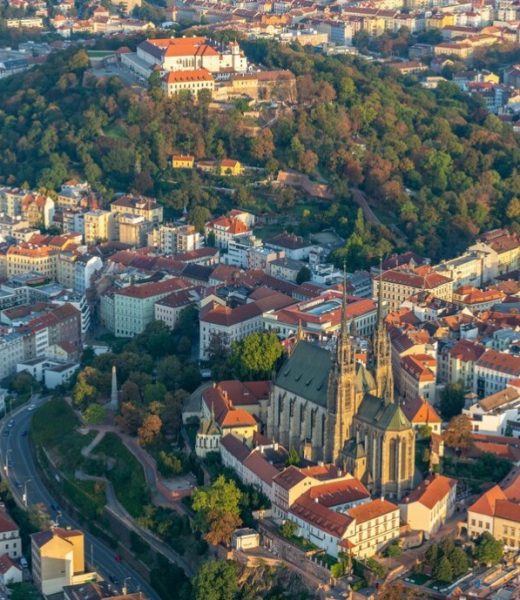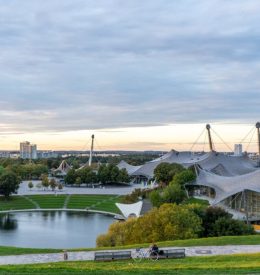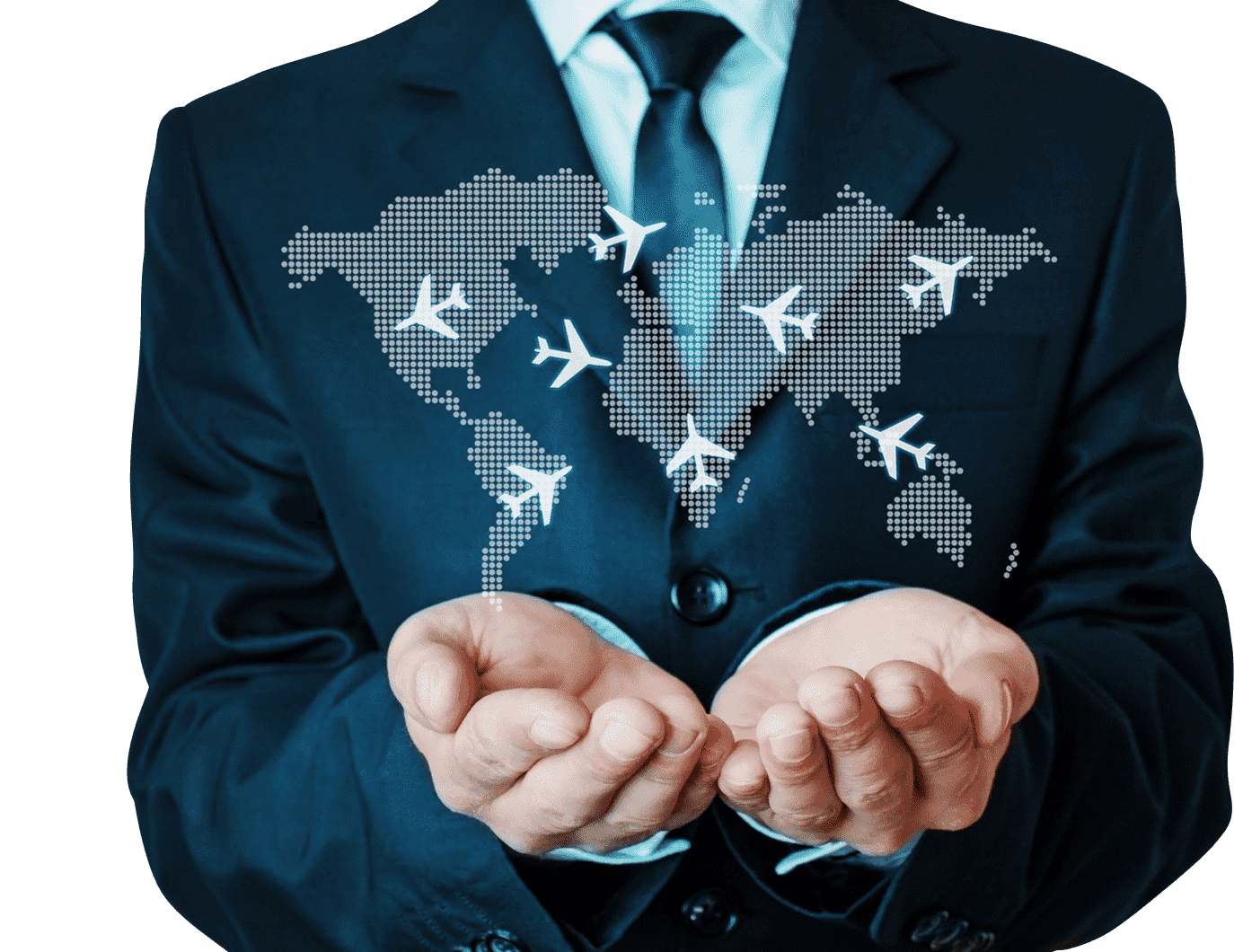

Lithuania Work Permit Services
If you're planning to work in Lithuania, you'll need to apply for the appropriate work permit and visa depending on your nationality and the type of work you intend to do. Here's a step-by-step guide to help you navigate the process:
Determine the Type of Visa and Work Permit You Need For
EU/EEA and Swiss Citizens
- No work permit is required for citizens of the EU/EEA countries and Switzerland. You can work freely in Lithuania without any special permits.
- However, if you plan to stay for more than 90 days, you must register your residence with the Migration Department within 90 days of arrival.
- However, if you plan to stay for more than 90 days, you must register your residence with the Migration Department within 90 days of arrival.
For Non-EU/EEA Citizens
- Work Permit: If you're from outside the EU/EEA, you will generally need both a work permit and a residence visa (or a combined residence and work permit).
- Residence Permit for Work: For long-term stays, the residence permit will also include the work permit, so you don't need a separate work visa.
- Residence Permit for Work: For long-term stays, the residence permit will also include the work permit, so you don't need a separate work visa.
Steps for Obtaining a Work Permit (Non-EU Citizens)
Step 1: Secure a Job Offer
- You must have a job offer from a Lithuanian employer before you can apply for a work The employer must prove that there are no suitable candidates from Lithuania or the EU/EEA for the position.
- Certain jobs may be in high demand (e.g., IT professionals, engineers, medical specialists) and may have simplified procedures.
Step 2: Employer Applies for a Work Permit
- The employer must submit an application to the Lithuanian Labour Exchange (Lietuvos darbo birža) to obtain a work permit.
- The employer needs to prove that they tried to hire locally or from the EU labor market
- For certain jobs or industries facing labor shortages, the process may be faster.
Step 3: Apply for a National Visa (if applicable)
- Once the employer receives the work permit, you can apply for a national visa at theLithuanian embassy or consulate in your home country or the country where you have legal residence.
- The visa will allow you to enter Lithuania and stay while your residence permit is being
Step 4: Apply for a Residence Permit for Work
- After entering Lithuania, you must apply for a residence permit for work at the Migration Department within 30 days of your arrival.
- The residence permit for work is generally valid for 1 to 2 years and can be renewed as long as the employment continues.
Step 5: Collect Documents
When applying for the work-related residence permit, you will need to submit various documents:
- Valid passport or ID
- Job offer or contract from a Lithuanian
- Work permit issued by the Lithuanian Labour
- Proof of accommodation in
- Proof of sufficient financial means to support yourself during your
- Proof of health
- Passport-size
- Criminal background check (may be required depending on your nationality).
Health check (depending on the type of work).
Step 6: Wait for Approval
- The Migration Department will process your application, which may take 1-2 If approved, you will receive your residence permit and be authorized to work in Lithuania.

Types of Work Permits for Non-EU Nationals
Lithuania issues several types of work permits, depending on your qualifications, the job, and the length of stay:
- Single Permit: This is a combined work and residence permit for long-term stays (for employees working full-time). The employer applies for the permit, and it is issued for up to 2 years.
- Seasonal Work Permit: If you work in seasonal industries (e.g., agriculture, tourism), this permit allows you to work for up to 6 months in a year. - Blue Card: A European Union Blue Card is for highly skilled workers, such as IT professionals, engineers, or researchers. This card allows you to live and work in Lithuania and other EU countries.
- Single Permit: This is a combined work and residence permit for long-term stays (for employees working full-time). The employer applies for the permit, and it is issued for up to 2 years.
- Seasonal Work Permit: If you work in seasonal industries (e.g., agriculture, tourism), this permit allows you to work for up to 6 months in a year. - Blue Card: A European Union Blue Card is for highly skilled workers, such as IT professionals, engineers, or researchers. This card allows you to live and work in Lithuania and other EU countries.
Work Permit Fees
- Application Fee for Residence Permit: The fee for the residence permit is usually around €120 to €250, depending on the type of permit and your nationality.
- Work Permit Fees: Work permit application fees are generally between €60 to €120, depending on the type of work permit and processing time.

Employment Rights in Lithuania
- Once you have your work and residence permit, you can work legally in Lithuania and enjoy rights under Lithuanian labor law.
- You’ll be subject to income tax, social security contributions, and other statutory employment regulations.
- The minimum wage in Lithuania is around €800 to €900 per month (gross), depending on the sector.
- You’ll be subject to income tax, social security contributions, and other statutory employment regulations.
- The minimum wage in Lithuania is around €800 to €900 per month (gross), depending on the sector.
Extension and Permanent Residency
- Extension: If you wish to extend your work permit, you must apply before your current permit expires. Extensions are possible as long as your job continues and the labor market conditions don’t change.
- Permanent Residency: After five years of legal residence in Lithuania (on work or other permits), you may be eligible to apply for permanent residency.
- Permanent residents enjoy many rights, including access to social services and the ability to stay in Lithuania indefinitely.
- Permanent Residency: After five years of legal residence in Lithuania (on work or other permits), you may be eligible to apply for permanent residency.
- Permanent residents enjoy many rights, including access to social services and the ability to stay in Lithuania indefinitely.

Other Important Considerations
- Language Requirements: While many companies, especially international ones, use English as the working language, knowing Lithuanian can be helpful for daily life and some professions.
- Health Insurance: You will need proof of health insurance, either through your employer or private insurance. Lithuania has a good public healthcare system, but private insurance can be an option for foreign nationals.
- Family Members: If you are granted a residence permit for work, you can bring your family members (spouse and children) under certain conditions. They may apply for family reunification and obtain residence permits of their own.
- Health Insurance: You will need proof of health insurance, either through your employer or private insurance. Lithuania has a good public healthcare system, but private insurance can be an option for foreign nationals.
- Family Members: If you are granted a residence permit for work, you can bring your family members (spouse and children) under certain conditions. They may apply for family reunification and obtain residence permits of their own.
Conclusion
If you’re a non-EU citizen planning to work in Lithuania, securing a job offer and applying for a work permit and residence visa are essential steps. The process can be straightforward if you meet the requirements and your employer helps with the application process. Keep in mind that the rules may change, so it’s important to check with the Lithuanian embassy or Migration Department for the latest information.
